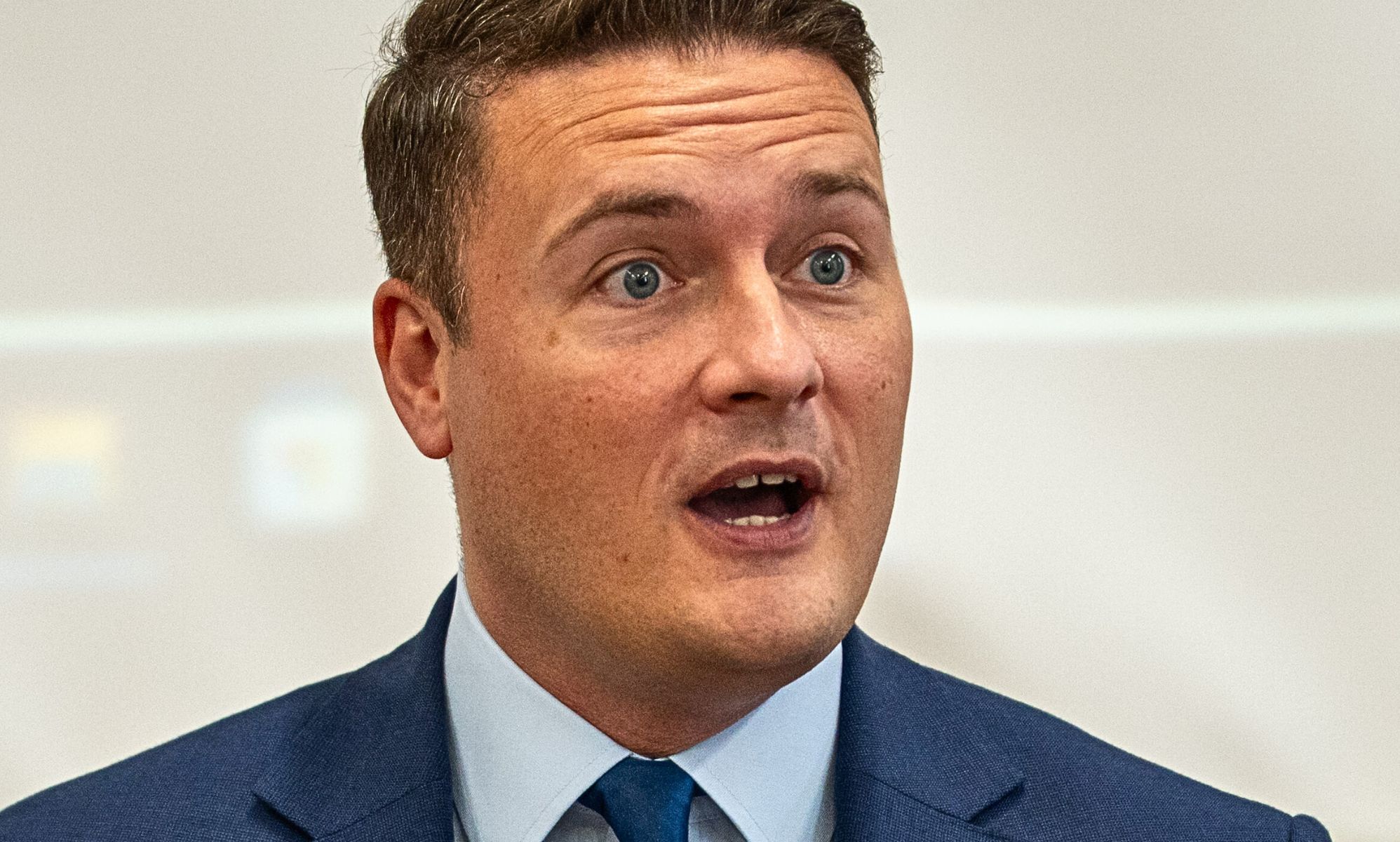By Amelia Hansford
Copyright thepinknews

Wes Streeting has addressed the “slow progress” of the £10 million ($13.6 million) NHS trial of puberty blockers, which will analyse the use of the gender-affirming medication for those under the age of 18.
Speaking at the NHS LGBT+ Annual Conference on Monday (15 September), the health secretary, who extended a ban on puberty blockers in England and Wales last year, said: “I am extremely frustrated by the slow progress on the clinical trial. The reason it’s taking its time is because it is absolutely vital that we get the research programme right, so that at the end of that programme, the evidence can be trusted and not subject to challenge.”
The publicly funded trial, led by researchers at King’s College London, was launched in May, following recommendations from Dr Hilary Cass’ report into gender care for youngsters.
Researchers will analyse the effects puberty blockers, prescribed with consent from parents or guardians, have on young people, over a two-year period.
Streeting decided to extend the ban, citing his concerns over reliable evidence. Similar bans were then implemented in Scotland and Northern Ireland.
The Ilford North MP has expressed his belief that it’s “not right” to say trans women are women or that trans men are men. Despite this, he has insisted he is still an ally of the transgender community.
During his speech, Streeting committed to ensuring that all patients “receive the right care and the right support”, saying: “Things will get better for LGBT+ people in this country thanks to the action this government will take.”
Pledge to ensure ‘equality, dignity, safety and inclusion’ for trans people
His pledge came as the government prepared to approve updates to a code of practice from the Equality and Human Rights Commission, which could result in trans people being legally banned from using appropriate single-sex facilities.
Streeting went on to acknowledge that young trans people were “desperately worried” about their safety and wellbeing, as well as the “toxicity” of discussions on transgender rights.
“We need more light and less heat today,” he said. “I’ve sought to acknowledge the tensions that have arisen between trans rights and the sex-based rights of women, so that as a country, we can find a way through that ensures equality, dignity, safety and inclusion for all.
“This has not been easy. But reflecting back on the long history of LGBT progress and the expansion of LGBT rights in our country, the struggle for equality has never been easy… we will rise to it.”
In March, Streeting faced criticism after telling a member of public concerned by the impact of the ban to “get a grip”.
Research published in June revealed that the ban was having “serious adverse effects” on young trans people’s mental health.
Dr Natacha Kennedy’s work showed that “previously happy” under-18s affected by the ban were experiencing “overwhelming levels of distress”. One parent said their child felt “life wasn’t worth living” and had resorted to self-harm.
Nonetheless, Streeting stood by his decision to extend the ban during his speech. “My motivation has only ever been to make sure that medicine given to children is safe and effective, and grounded in robust evidence,” he said.
A number of studies have shown that not only are puberty blockers “safe, effective and reversible,” but also regret at starting gender-affirming care was rare. Research collated by the American Journal of Surgery even revealed that more people regretted having children.
Almost no concrete studies have proved that prescribing puberty blockers was dangerous.
Before extending the ban, Streeting reportedly met with a number of gender-critical groups, including those accused of engaging in conversion practices. A day earlier, he met with queer people to discuss “LGBT+ policy issues”.
Share your thoughts! Let us know in the comments below, and remember to keep the conversation respectful.



